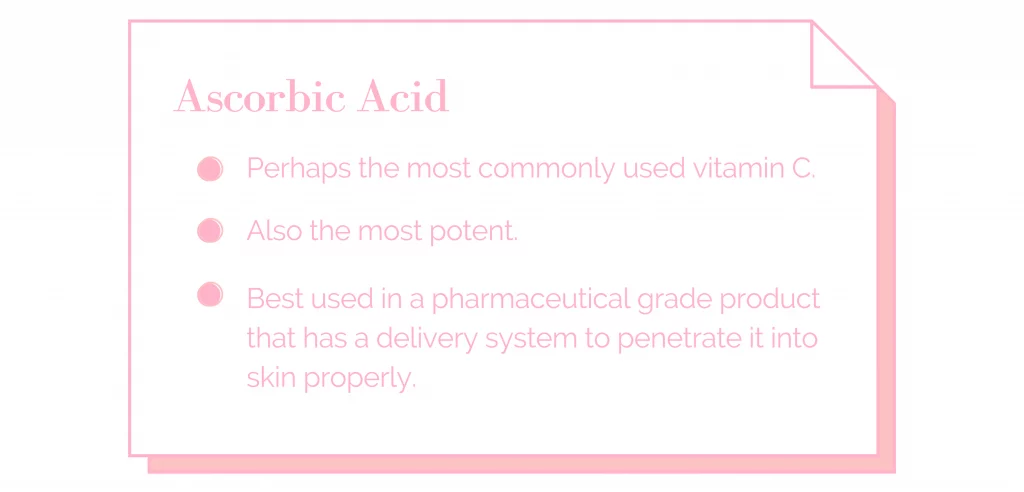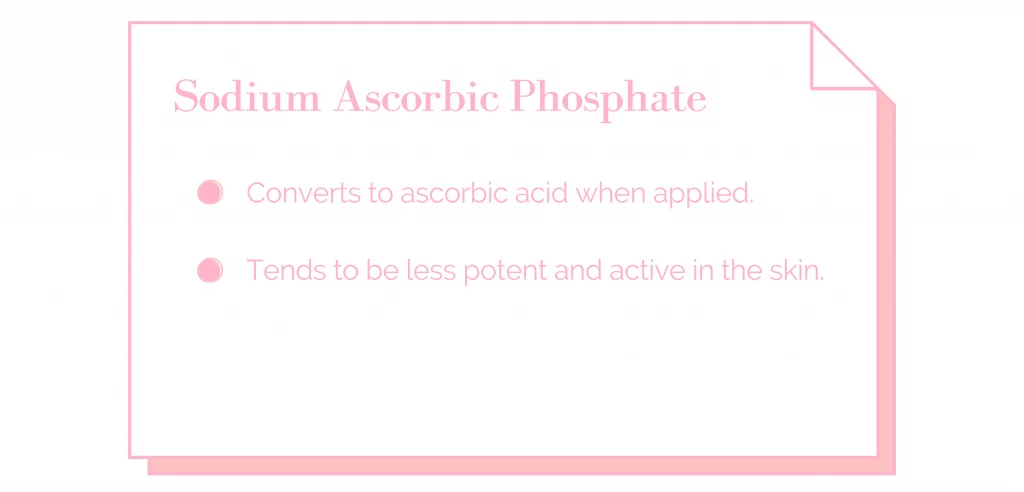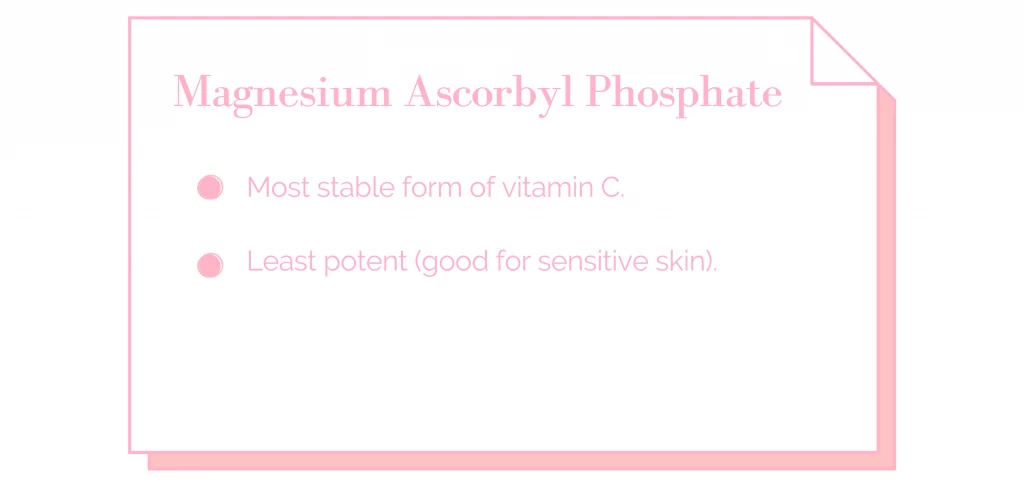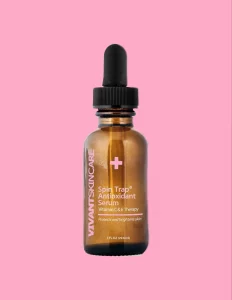Why You Should Add Vitamin C to your Skincare Routine ASAP
Skincare enthusiasts have long celebrated vitamin C for its ability to address most common complexion concerns, be it uneven skin tone, acne scarring, rough texture, fine lines, or general dullness. But is it time for you to join the party?
If you’ve yet to incorporate a vitamin C product into your skincare routine, allow us to convince you why it just might be the best decision you make in 2021 for your skin, besides prioritizing facials with us each month.
What is Vitamin C?
As far as what it can do for your skin, vitamin C is a powerful antioxidant that defends against free radicals, particles that are known to fast track aging by damaging our healthy cells. When vitamin C shields against these pesky free radicals your natural cell regeneration process thrives, resulting in what some might call a juicy glow.
Vitamin C’s free-radical fighting power isn’t just good for combatting the signs of aging. In counteracting free radicals, "vitamin C may also help protect skin from precancerous changes caused by UV exposure" (Allure).
There are a 3 different types of vitamin C commonly used in skincare today.
Pro-tip: Vitamin C is extremely sensitive to air and light and will break down over time if routinely exposed! Be sure you’re storing your vitamin C products in an opaque, air-restrictive bottle or pump container to help ensure the ingredients remain stable.
Ascorbic Acid 
Sodium Ascorbic Acid

Magnesium Ascorbyl Phosphate

What can vitamin C do for my skin?
This wonder-ingredient doesn’t just offer antioxidant benefits, it has plenty of other reasons why it deserves a permanent place in your medicine cabinet. Vitamin C also inhibits your skin’s ability to produce melanin, the culprit behind skin discoloration. Use regularly to fade hyperpigmentation and acne scarring, as well as help prevent dark spots from forming in the first place.
Due to it being highly acidic, vitamin C sloughs away dead skin cells from your complexion leaving it brighter and smoother when applied topically. Your skin is prompted to heal itself by accelerating the production of collagen and elastin, two naturally occurring protein fibers that help keep skin plump and firm.
So, by amping up collagen production, topical vitamin C also does some heavy lifting against fine lines and other signs of premature aging.
Pro-tip: We love using vitamin E along with vitamin C! These ingredients are often paired together in skincare products to get maximum benefits.
How should I incorporate vitamin C into my skincare routine?
If you are introducing a vitamin C product into your skincare regime for the first time, we recommend first starting with applying every other day before increasing to daily use!
What vitamin C product should I start with?

We love
Vivant Skincare's Pure C+ E (Formerly their Spin Trap Antioxidant Serum)! This serum combines collagen and elastin-generating vitamins C and E to trap and block free radicals from skin.
Do you use vitamin C in your skincare routine? What have you liked (or disliked) about what it’s done for your skin?





 We love Vivant Skincare's Pure C+ E (Formerly their Spin Trap Antioxidant Serum)! This serum combines collagen and elastin-generating vitamins C and E to trap and block free radicals from skin.
Do you use vitamin C in your skincare routine? What have you liked (or disliked) about what it’s done for your skin?
We love Vivant Skincare's Pure C+ E (Formerly their Spin Trap Antioxidant Serum)! This serum combines collagen and elastin-generating vitamins C and E to trap and block free radicals from skin.
Do you use vitamin C in your skincare routine? What have you liked (or disliked) about what it’s done for your skin?
